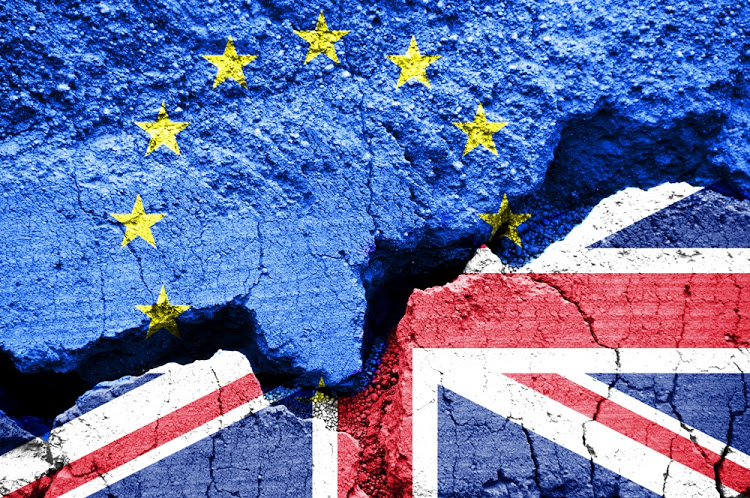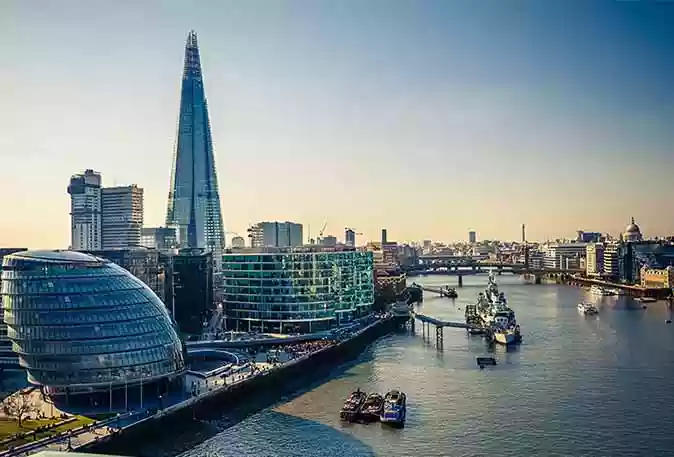
The UK’s departure from the EU: What this means for your business?
THE UK IS LEAVING THE EU ON THE 31 JANUARY 2020
The European Parliament have overwhelmingly backed the terms of the UK’s departure from the EU this Friday. The United Kingdom is now set to officially exit the European Union at 23.00 GMT on the 31st January 2020. This is the first step in the transition process, but what will happen next as Britain enters the transitional process, is a question many of our clients are asking.
WHAT WILL HAPPEN AFTER 31 JANUARY 2020?
From 1st February the UK will no longer be a member of the EU and will enter an implementation period that lasts until 31st December 2020. During this time there will be no changes to the terms for trading with the EU or the rest of the world, unless the rules change for the whole of the EU. This means EU rules for customs, VAT and excise will continue to apply to the movement of goods and trade for this limited time. There will be no new customs procedures at present. If you have applied for Transitional simplified procedures (TSP), you are advised to keep the registration documents. The procedure has currently been suspended but may be implemented at a later date.
WHAT YOU NEED TO KNOW
Make sure you have your Economic Operator Registration and Identification (EORI) number. You’ll need a UK EORI number that starts with the letters ‘GB’ to be able to submit customs declarations to move goods between GB and the EU after the implementation period ends.
WHAT WILL HAPPEN AFTER 31 DECEMBER 2020?
From 1st January 2021, the way you trade with the EU will change. For example, for trade between Great Britain (GB) and the EU, you will need to make customs declarations to import and export goods once the UK is outside of the EU’s customs territory.
Of course, we will update you throughout the transitional period and we will be here to assist you with any questions you have.



